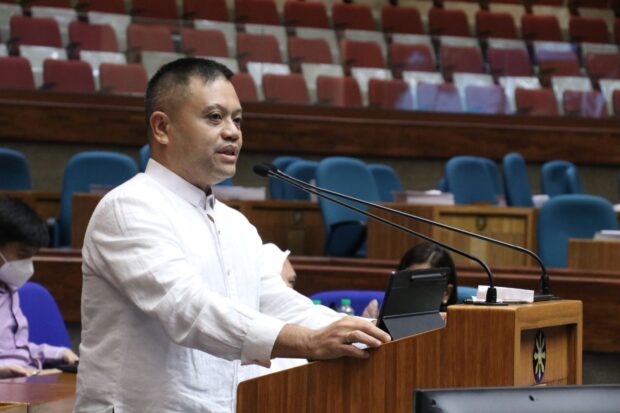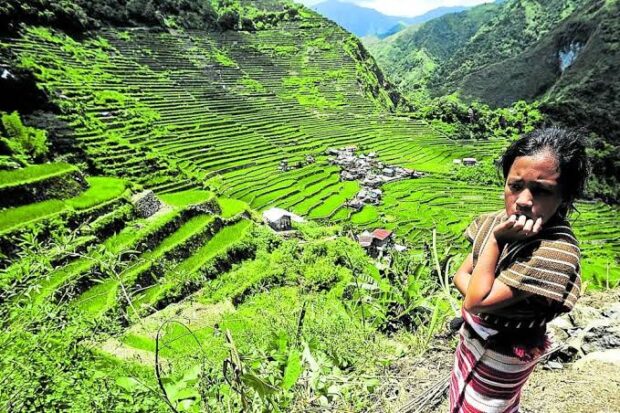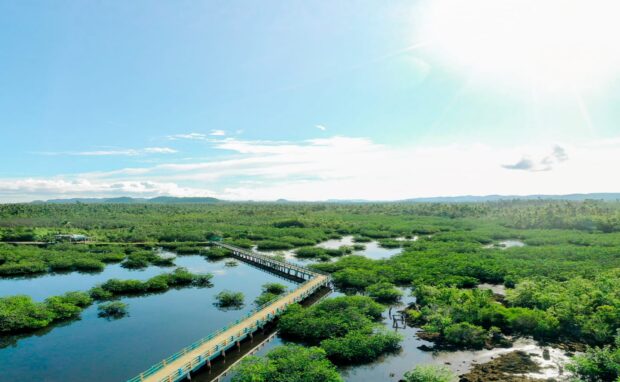Land Use Act to bolster int’l investment and food security gains traction in Congress
Siargao Rep. Bingo Matugas, Chairman of the House Special Committee on Land Use
MANILA, Philippines — Both political and economic experts since the Arroyo administration have long called for the need and addressed the advantages of a detailed National Land Use Act, also known as NALUA.
The current setup of land usage in the Philippines can be described as “widely decentralized” because local governments have no blueprints of how the areas within their respective jurisdictions are meant to be utilized.
Major global superpowers such as India, for example, had previously required their local governments to categorize their land into residential, commercial, agricultural, developmental, etcetera, to great success. A primary benefit of having a clear and coordinated nationwide map of land use categories is greater ease of foreign investment possibilities.
“This bill being passed into law will be a sure-fire game-changer in terms of foreign investment for the Philippines,” said Siargao Rep. Bingo Matugas, also the Chairman of the House Special Committe on Land Use.
“One of the objectives is for our friends from all parts of the world — who carry with them the right resources and good intentions for our country — to immediately see an organized, prepared and detail-oriented Philippines ripe and ready for their investments,” Matugas said.
Ifugao rice terraces
Under the NALUA bill being proposed, there are four categories of land use for planning purposes based on each area’s functional utility: (1) the protection land use; (2) production land use; (3) settlements development; and (4) infrastructure development. The NALUA bill provides a framework for each area’s classification and specifies who is in-charge.
A particular focus of the NALUA bill are the ten “special areas of concern”: (1) forestlands and watershed; (2) coastal zones; (3) settlements; (4) protected areas; (5) agricultural lands; (6) energy resources; (7) industrial development areas; (8) tourism development areas; (9) infrastructure development areas; (10) agro-industrial development areas.
Del Carmen, Siargao’s 8,620-hectare Mangrove Forest
“Apart from the obvious economic wins, this new national land policy we’ve developed is necessary in providing a sustainable use of our land resources,” Matugas continued. “We need a proper framework to protect our agricultural lands for food security, as well as to defend our biodiversity areas and settlement areas from hazards. Efficient land use for development and nation-building without compromising the essentials, such as food production, and the beauty and natural riches of our country — that is the goal.”
Thoroughly documented is the influx of international investment as a crucial part of President Bongbong Marcos’ national economic plan. In his first 100 days since being elected to the Presidency, the state-sponsored Philippine News Agency reports that the Marcos administration had gathered a total of over P1 trillion in foreign business commitments from countries such as Singapore, Indonesia and the United States, with an estimated of almost 140,000 potential jobs to be created.
Marcos has now been in office for over ten months and it is likely that both the amount of monetary pledges and potential Filipino jobs have risen substantially.
“We’re confident that the NALUA bill will make it through House of Representatives,” said the lawmaker from Siargao. “We’re hoping that our friends in the Senate will also realize the immense advantages this bill will bring to all Filipinos and ultimately help us see this through.”
RELATED STORY:
Neda seeks fine-tuning of proposed national land use law

















